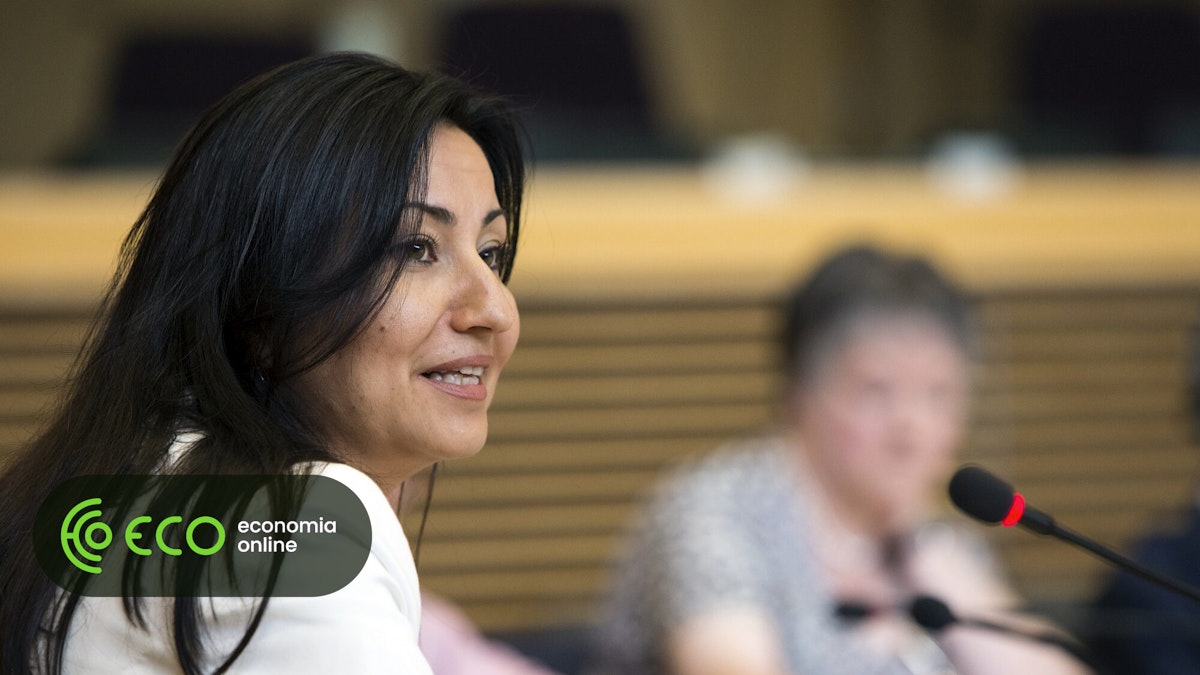Women’s network calls for criminalization of prostitution clients in Portugal
A report by the European Network of Migrant Women in Portugal (ENoMW) asks the Government to start criminalizing clients of prostitution, as is already done with exploiters. It also appeals to the Government to provide support to all sexually exploited persons and to grant them the due legal statutes.
The European Network of Migrant Women in Portugal defended that the Government should take measures so that “all people exploited in prostitution, regardless of their legal status, receive support and a regularized status, and all sex buyers are criminalized”. The appeal was made in the report “”Undocumented Migrant Women in Europe: A Neglected Chapter in the Protection of Fundamental Rights”, presented this Wednesday.
In Portugal, the Penal Code only criminalizes those who exploit the prostitution business and those who traffic people for the purpose of sexual exploitation. “Women in prostitution are not criminalized and there are no specific legal provisions at the national level to offer protection against discharge and abuse or to support exit from prostitution,” the report’s authors cautioned.
With a view to providing greater protection to anyone who may be sexually exploited, the European platform also calls for victims of human trafficking to be “adequately protected in order to enjoy their right of residence as victims”, as a way to prevent them from being protected women “pushed into prostitution as undocumented migrants”.
Bureaucracy delays access to rights
Although Portuguese legislation provides that these women can obtain a residence permit – avoiding the situation of being undocumented -, the authors of the report regret some shortcomings, including the existence of requirements such as the obligation for domestic workers to have an employment contract , among other criteria, to be considered a victim. These bureaucracies, they warn, can “limit access to fundamental rights and increase the risk of violence and description” against these women.
At the same time, the authors of the report request that the State guarantee “the labor rights of domestic workers and caregivers”, as well as “their access to Social Security”, by monitoring the obligation to conclude an employment contract in order to have access to the unemployed and reducing the risk of being pushed into an undocumented status.
This report analyzes the legal protection provided for undocumented migrant women in Europe, as well as four groups in precarious situations that remained at risk of losing their legal status during the covid-19 pandemic, and, consequently, of incidents that occurred more violence.
These are domestic and care workers – most anxious to lose their jobs and housing -, women asylum seekers with applications for permanent status indefinitely postponed, victims of male violence at home, whose status depends on their husbands, and victims of sexual exploitation, including those trafficked for that purpose.
In addition to Portugal, the situations of undocumented migrant women in Belgium, France, Germany, Italy, Hungary, Spain, Sweden and Greece were also evaluated – all of which are part of the European platform that has provided support to migrant women since 2012.
These results were presented this Wednesday at an event on violence against undocumented women and girls and the relationship with human trafficking, at the National Support Center for Migrants, in Lisbon. An event part of the “Programme 16 Days for the End of Violence Against Women and Girls”, organized by the Portuguese Platform for Women’s Rights (PpDM) in cooperation with the Lisbon City Council, which began last Friday, on the International for the Elimination of Violence against Women and ends on December 10, International Human Rights Day.




